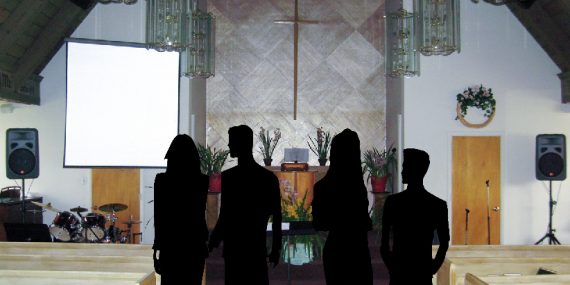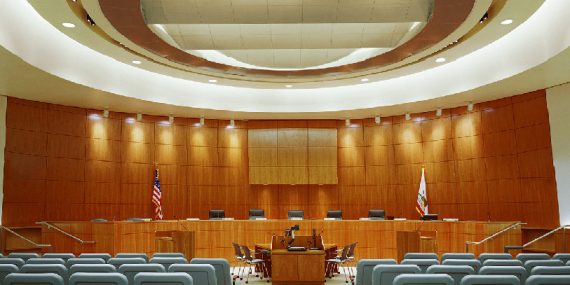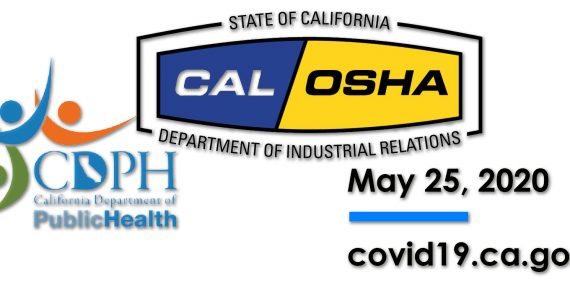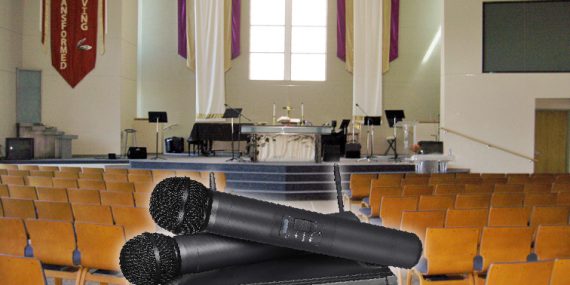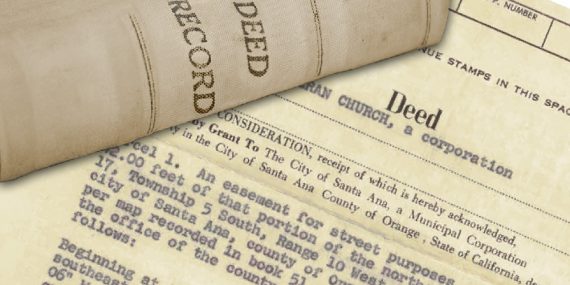Unincorporated Associations
Although many religious organizations elect to formally create a legal entity such as a corporation. For one reason or another, this is not always the case. As a general rule of thumb, an association is formed once two or more individuals mutually agree to act for a common lawful purpose, whether for profit-making or otherwise. In General:Much like other entities, an unincorporated association may adopt rules similar to the bylaws of a corporation. Additionally, the same tax-exemptions available to other entities by the Internal Revenue Codes are usually available to […]

